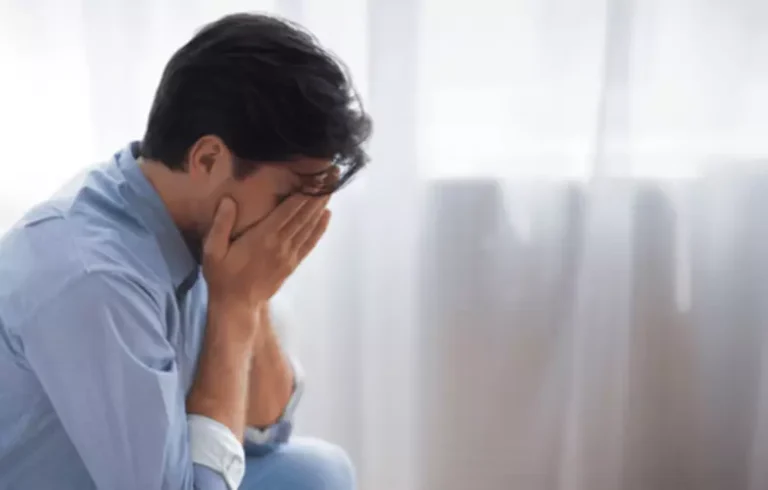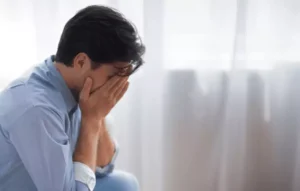
This could involve creating mandalas with natural materials, land art installations, or even photography walks in natural settings. These activities can help individuals reconnect with the world around them and find a sense of peace and grounding. Play the rhythm of your choice by clapping your hands, tapping the table, clicking, etc. When you get used to it, play it in a different way or choose a new rhythm. Sculpt the image that first comes to your mind. Modeling from plasticine, dough, clay is an effective means of modeling a new self-image, productive relationships, values.
- Art therapy can be an effective component of a comprehensive treatment program, such as the individualized care found at Gateway.
- Art therapy can be powerful in motivating and encouraging people to continue their recovery journey from substance abuse.
- The therapy drawing develops flexible role-playing behavior, the formation of identity.
Understanding Art Therapy in Addiction Recovery
Not only does it keep a record of your creations, but revisiting previous works can offer insights into your emotional journey and growth. Unlike the collaborative nature of murals, in this activity, each participant creates their own standalone artwork based on a shared theme. Once all pieces are completed, they’re displayed together, showcasing a spectrum of interpretations and perspectives. While personal artistic exploration can be deeply introspective and fulfilling, there’s a profound magic in creating collectively.
The Intersection of Art Therapy, Personal Development, and Self-Discovery

The exercise develops imagination, communication skills. Use a pencil to draw a circle with a diameter that matches the size of https://ecosoberhouse.com/ your head. Find a center and start drawing from it, depicting a specific figure, and let the composition of your drawing form by itself.
- For a more immersive experience, consider joining an art therapy retreat.
- Collage-making is another powerful tool in the art therapist’s arsenal.
- For example, a series of self-portraits created at regular intervals can provide a powerful visual representation of personal growth and transformation.
- It’s a continuous part of personal growth, offering a sense of accomplishment, purpose, and joy.
- Guided drawing has been utilized with great success in recent years in recovery.
Create a Collage of “Words to Live By”
Patients gain more emotional comfort and learn how to assess their feelings. From there, awareness of their emotional reactions enables one to control them better and regulate them when they emerge. This process can be excruciating, which feeds into pessimism and can cause difficulty managing triggers. The world of mental healthcare and counseling uses various terminologies to describe treatments, mental health conditions, and more.
Addiction Treatment Programs
- Examine aspects if who you are and how you see the world through these art projects.
- Alternatively, try our Mapping Emotions worksheet, which uses visualization and color to enhance emotional awareness.
- Art has existed for millennia, both as an essential form of communication and as a means of creative expression.
- Incorporating art therapy into your recovery is not about becoming an artist; it’s about finding a new means to express and understand your emotions, fostering a deeper healing process.
- All art forms have the ability to not only help you express how you feel but help you free yourself from any emotions or experiences tying you down.
- The weather changes suddenly and the water becomes cold and tumultuous.
This comprehensive course will equip you with the skills and knowledge needed to effectively use art therapy in various settings, including addiction recovery. Mandala creation is a popular technique for stress reduction and self-reflection. Mandalas, circular designs with repeating patterns, have been used for centuries in various spiritual traditions as tools for meditation and self-discovery. In the context of addiction recovery, creating mandalas art therapy ideas for adults in recovery can provide a calming, focused activity that promotes mindfulness and introspection. Let’s explore some specific art therapy activities that have proven effective in addiction recovery settings. We offer to consider 100 simple exercises that will help you explore your inner self and unleash your creative potential.

Cool Art Project Ideas for Addiction Recovery
Each image can anchor a person to a specific moment, encouraging a sense of gratitude and calmness. Rhythm exercises, such as drumming, can be especially beneficial. The therapeutic effects of engaging with music come in various forms. The process of choosing photos, videos, and music can be deeply therapeutic, helping piece together the narrative of one’s past and highlighting patterns or moments of resilience. Digital tools offer a sense of immediacy and accessibility. Modern Art therapy is constantly evolving, and digital media opens up a whole new world of creative possibilities.

Digital platforms offer the possibility to share artwork or stories with chosen communities or even a broader audience. It doesn’t need to make logical sense; the act of creating is itself a form of processing and release. These serve as visual reminders when facing difficult situations. They act as beacons of hope, lighting the path forward as you continue to navigate your recovery journey. The simple repetition involved in molding and shaping can provide comfort and a sense of control, which is invaluable during the uncertain journey of recovery. Engagement with tactile materials can serve as a grounding exercise, essential in moments of high anxiety or distress.

Themed Group Projects Where Each Person Contributes a Piece
This therapeutic approach taps into the innate human desire to create, offering a non-verbal outlet for the tumultuous emotions often accompanying the recovery process. Discover how the transformative power of art therapy is revolutionizing addiction recovery, offering a creative path to healing and self-discovery. In recent years, the field of addiction treatment has witnessed a remarkable shift towards more holistic and innovative approaches. Among these, art therapy has emerged as a powerful tool, providing individuals struggling with addiction a unique avenue for expression, introspection, and healing. Painting and drawing exercises remain staples of art therapy, providing a direct channel for emotional release. Whether it’s abstract expressionism or realistic portraiture, these mediums offer endless possibilities for self-expression.
Be the First to Comment!
You must be logged in to post a comment.
You must be logged in to post a comment.